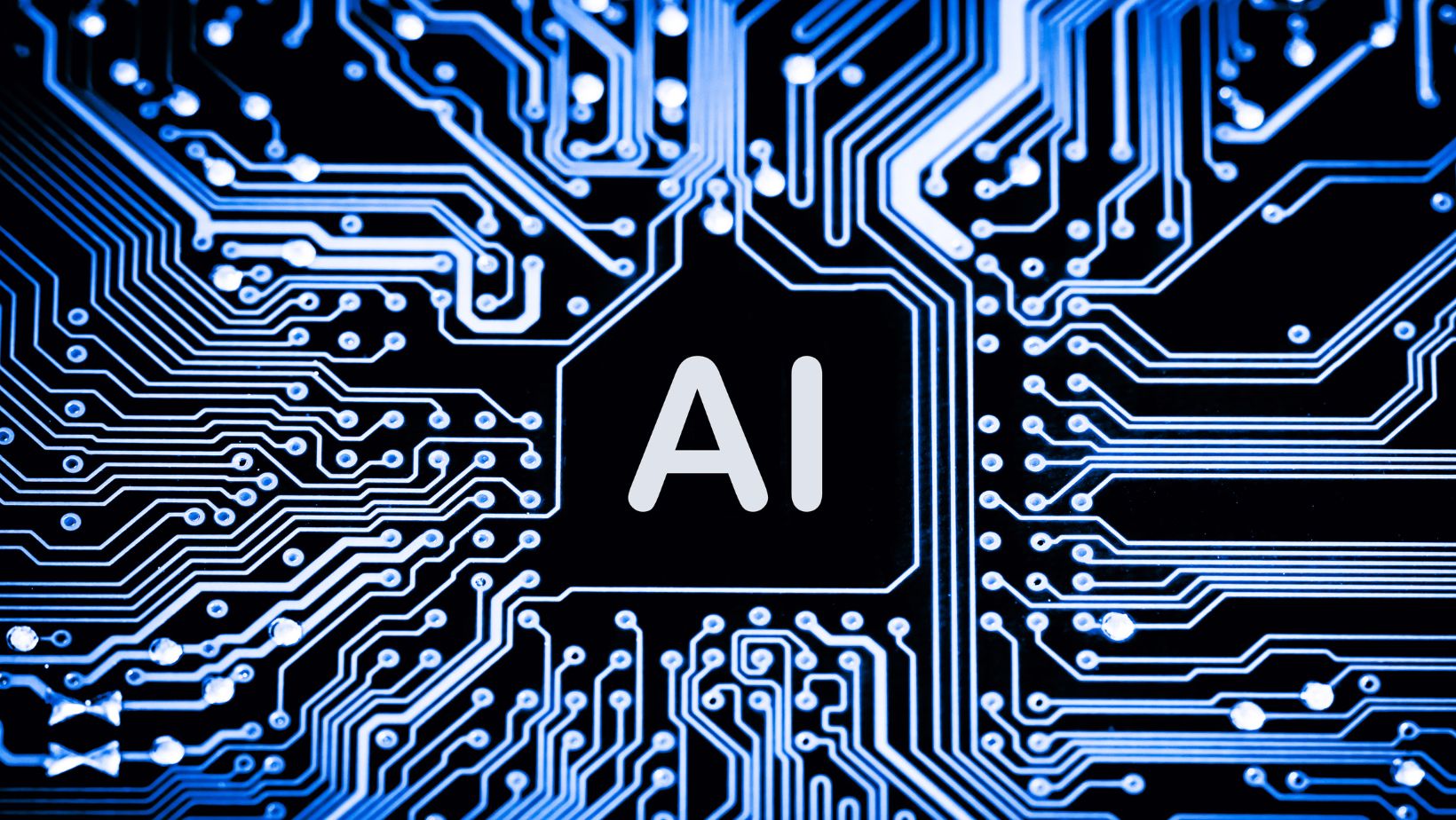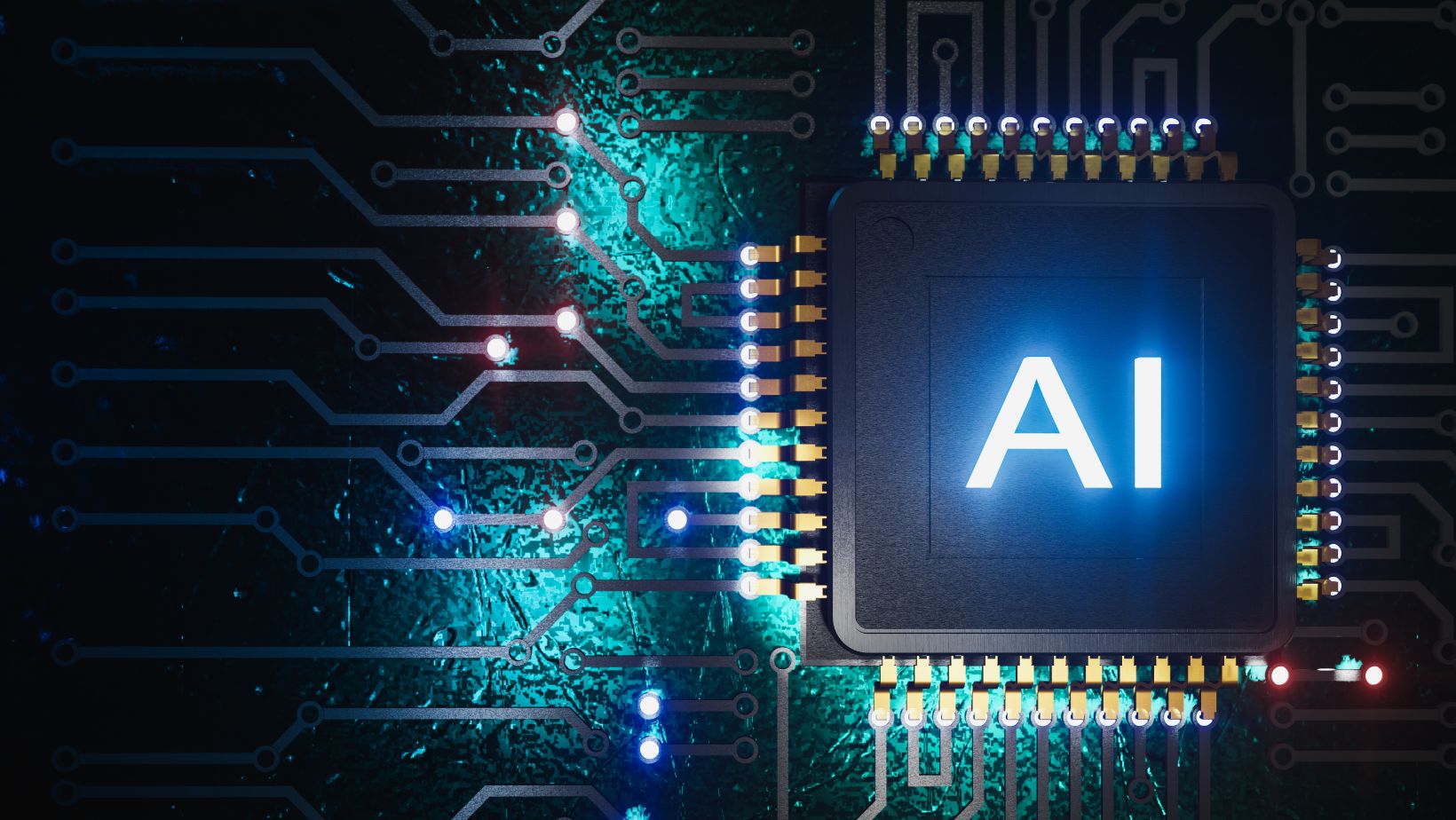
AI is no longer just a buzzword in the game dev world—it’s quickly becoming a reliable co-pilot for teams of all sizes. Whether you’re building the next hit indie title or iterating on a major release, AI can help you move faster, work smarter, and focus more on creativity instead of repetitive tasks. The key is knowing which tools actually help and which ones just add noise.
In this article, we will explore seven AI tools that are truly worth your attention. Each one solves a real problem, from building smarter NPCs to generating assets at scale, and could give your next project a significant edge.
Scenario-GPT – For Smarter Narrative Design
If you’re working on a story-driven game, you know how time-consuming it is to write believable dialogue, consistent lore, and branching narratives. That’s where Scenario-GPT steps in.
This AI tool is built specifically for developers who want to design rich, adaptive storytelling without spending weeks scripting every possible outcome. It helps you craft contextual narratives that make sense based on your world, characters, and player choices.
It’s a game-changer for smaller teams without a dedicated narrative department. Whether you’re developing a sprawling RPG, an open-world mobile title, or a branching visual novel, Scenario-GPT helps you produce rich, engaging content at scale.
Its ability to streamline storytelling without cutting corners makes it especially valuable for the fast-paced demands of 2025 mobile gaming.
Instead of writing every line yourself, you can guide the AI with key inputs and let it handle the heavy lifting. The result? More immersive stories and a lot more time to focus on your core gameplay.
3D AI Studio – Game-Ready Textures in Seconds
Texture creation can eat up hours of your time, especially when aiming for consistency across different environments. If you’re looking for a fast and intuitive AI texture generator, 3D AI Studio helps developers turn simple inputs into high-quality, game-ready textures in seconds.
You don’t need to be a texture artist. Just describe what you need or use a basic sketch, and the tool does the rest.
This is a game-changer for indie devs. Let’s say you’re building a fantasy adventure and need 30 different wall, ground, and foliage textures. Instead of sourcing them or creating each one manually, 3D AI Studio helps you generate them on the fly while keeping the art style uniform. You save time, maintain quality, and reduce the back-and-forth with external contractors or artists.
Promethean AI – Build Worlds Faster
Level design and world-building often involve a ton of manual work, from dragging assets into place to checking for visual flow. Promethean AI speeds up the process by letting you build environments using voice commands or simple text prompts.
You can say what you want, maybe a medieval library, a desert canyon, or a sci-fi lab, and it’ll generate the scene layout based on that input.
This tool is ideal for fast prototyping or when you need to quickly get a playable version of your level up and running. Some AAA studios already use Promethean AI to accelerate their workflow.
Smaller teams can benefit just as much. It’s worth noting that this AI does not replace your level designers. On the contrary, it helps them iterate faster and focus on creative direction instead of repetitive placement tasks.
Leonardo.Ai – Art Generation for Concepting
Solid concept art is essential for achieving a game’s right look and feel. However, hiring an artist for early sketches or doing it all yourself can be slow and expensive. Leonardo.Ai helps you generate mood boards and get quality AI-generated images based on custom prompts.
You can dial in the style, adjust the fidelity, and explore different visual directions without starting from scratch every time.
This tool is invaluable in the early phases when pitching an idea, creating prototypes, or testing new aesthetics.
Even if you’re not an artist, Leonardo.Ai allows you to create visuals that communicate your vision to your team, investors, or collaborators. It’s a shortcut to better creative conversations and faster decision-making on style.
Inworld AI – Create Intelligent NPCs
A lifeless NPC breaks immersion instantly. Inworld AI helps you change that by powering NPCs with real-time dialogue, emotional responses, and adaptive behavior. Instead of pre-written lines triggered by fixed events, your NPCs can respond naturally to the player, like actual characters in a living world.
This makes a massive difference in RPGs, adventure games, or any experience where storytelling and character depth matter.
Inworld has already partnered with some major studios to show off what’s possible, and the tech is only getting smarter. If you want your NPCs to feel more human without writing every possible interaction by hand, this tool is a solid bet.
Ludo.ai – Research, Ideation & Game Design Assistant
Sometimes, the most challenging part of development is just figuring out what to make. Ludo.ai is like a brainstorming partner that never runs out of ideas. It helps you develop game mechanics, plot ideas, and level themes and even identifies what’s trending in the market.
You tell it what you’re working on or the vibe you’re going for, and it gives you suggestions grounded in real data.
This is incredibly useful if you’re a solo developer or working with a lean creative team. Instead of guessing what might work, you can quickly validate ideas or discover angles you hadn’t considered. Ludo.ai helps you refine and expand your vision, so you’re not starting with a blank page.
AudioCraft by Meta – Generate Music & SFX
Music and sound effects are vital for setting the mood, but they’re often overlooked due to budget or time constraints.
AudioCraft by Meta allows you to create original audio content based on mood, pacing, and genre. You don’t need to know music theory or own any production software. Once you feed it your requirements, you get custom results in seconds.
For small studios or solo devs, this can fill a considerable gap. If you don’t have a composer on hand, AudioCraft lets you build a soundtrack that still feels intentional and polished. It’s great for background music, ambient loops, or placeholder SFX during development that you might later refine or replace.
Final Thoughts: AI Is a Superpower, Not a Shortcut
AI won’t replace your creativity. It amplifies it. The best developers are the ones who know how to use tools like these to get more done without burning out. They stay focused on vision and gameplay, while AI handles the repetitive and technical heavy lifting.
If you haven’t experimented with AI tools, now’s a great time to start. Try one that solves a real problem you’ve been facing and see how it fits into your process. The more you explore, the more you’ll find that AI isn’t just a productivity booster. It’s a creative ally that helps bring your ideas to life faster and better.





